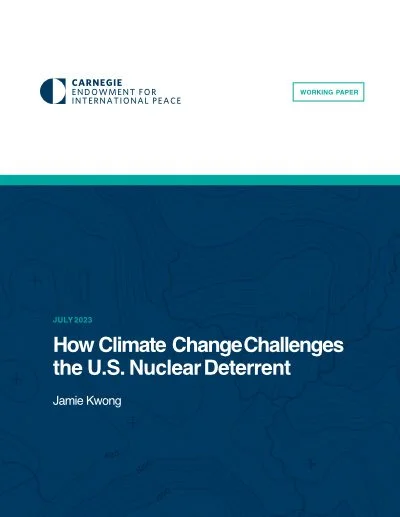By Sayler, Kelley M.
From the document: "Lethal autonomous weapon systems (LAWS) are a special class of weapon systems that use sensor suites and computer algorithms to independently identify a target and employ an onboard weapon system to engage and destroy the target without manual human control of the system. Although these systems are not yet in widespread development, it is believed they would enable military operations in communications-degraded or -denied environments in which traditional systems may not be able to operate. Contrary to a number of news reports, U.S. policy does not prohibit the development or employment of LAWS. Although the United States is not known to have LAWS in its inventory currently, some senior military and defense leaders have stated that it may be compelled to develop LAWS if U.S. competitors choose to do so. At the same time, many states and nongovernmental organisations are appealing to the international community for regulation of or a ban on LAWS due to ethical concerns. Developments in autonomous weapons technology and international discussions of LAWS could hold implications for congressional oversight, defense investments, military concepts of operations, treaty-making, and the future of war."
LIBRARY OF CONGRESS. CONGRESSIONAL RESEARCH SERVICE. Jan. 2025. 3p.




